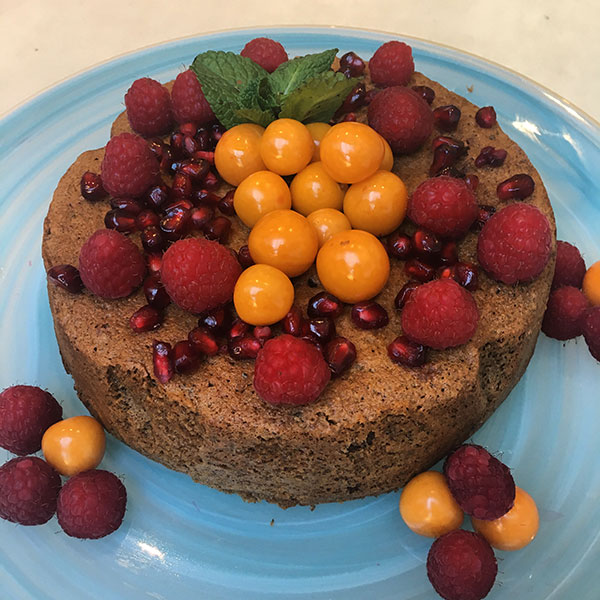
The adverse effects of sugar on health have received much media attention lately. But are artificial sweeteners, i.e. the calorie-free stuff we find in diet colas and low calorie yogurt, any better? The answer is probably that if consumed more than just occasionally they can both have detrimental effects on health.
Sugar, especially when consumed in food and drinks without fibre, fat or protein (juices, sugary drinks, white bread or pasta, sweets) is readily absorbed in the intestine, rapidly increasing the level of blood sugar which in turn requires a significant increase insulin, if this process is repeated on a regular basis, it increases the risk of type 2 diabetes.
Regular consumption of refined sugars (sugary drinks, white pasta, white rice) has been linked to an increased risk of hypertension and cardiovascular disease.
Sugary drinks and juice drinks contribute to weight gain and obesity as they are high in calories (eg 140Kcal in each can of Coca-Cola), low in nutrients unless they are freshly squeezed/pressed fruit juices, and do not help us feel fuller for longer.
Furthermore, refined carbohydrates (sugar, white pasta) are absorbed quickly, providing short-term energy. This is ideal if you’re about to go jogging or biking but not if you’re going to be working at the computer because when you don’t burn energy ingested it accumulates as fat. Also, when you feed your body easily absorbed energy in the form of sugar which is quickly used or stored away as fat, you’ll body will demand more pretty soon afterwards… that’s when you need another Coca-Cola, a chocolate bar or a tea and biscuit to keep you going until dinner time.
Sugar may also increase the toxicity because high levels of sugar lower the pH of urine, which slows down the process of removing toxins.
Non-nutritional sweeteners (NNS) are calorie-free alternatives to sugar and include aspartame, sucralose (splenda), stevia and saccharin. Calorie-free sweeteners are used in diet soft drinks, sugar-free chewing gum and low calorie dairy products to help control weight or sugar levels in type 2 diabetics.
Recent scientific studies indicate that these calorie-free sweeteners can affect our metabolism and energy balance mechanisms, may impair the balance of intestinal flora and even affect the sweet taste receptors in our digestive system which help regulate the absorption of glucose and insulin levels, making oiur bodies ready for an influx of sugar that doesn’t arrive All these mechanisms may lead to weight gain instead of weigh control.
Aspartame, even though the European Food Safety Authority has reconfirmed its safety as a food product at quite high levels, remains controversial and recent research studies link consumption to a possible increased risk of cancer.
Moreover, according to some animal-based scientific studies, aspartame and saccharin can have toxic effects on the liver and brain.
Rebaudioside A, a chemical derived from the a plant known as stevia, is a natural but highly processed sweetener. Scientific studies on the medium- and long-term stevia effects on health are inconclusive. If you do use it, I suggest you do it in moderation and do not forget your sweet taste may increase insulin secretion and affect your intestinal flora balance which may lead to certain metabolic problems such as glucose intolerance.
In conclusion, neither sugar nor sweeteners should be consumed regularly, but of course they are fine once a while… Who would not enjoy an ice cream on a scorching summer day or a piece of chocolate cake on their birthday? I favour sugar over sweeteners anytime not only because it is more natural but it also tastes a thousand times better!
Avoid consuming it on a daily basis and do it only in small amounts, together with fibre, protein or healthy fats like olive oil.
When you bake a cake try using wholemeal flour to add fibre to reduce the impact of sugar in your blood glucose levels and helps maintain a healthy intestinal flora. We have a super-quick cocoa and orange cake in our recipes section
You can also use ground nuts that provide protein, fibre and good fats. Under gluten recipes, we have a couple of ideas for nut and fruit energy bites that can double as healthy treats.
Add fruit and even root vegetables (sweet potato, beetroot or carrots) to your cakes to add fibre and natural sugars so you’ll need to add less of the white stuff. For example our sweet potato muffins.